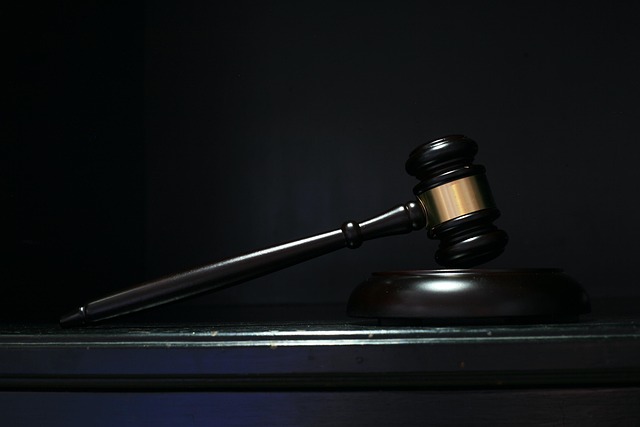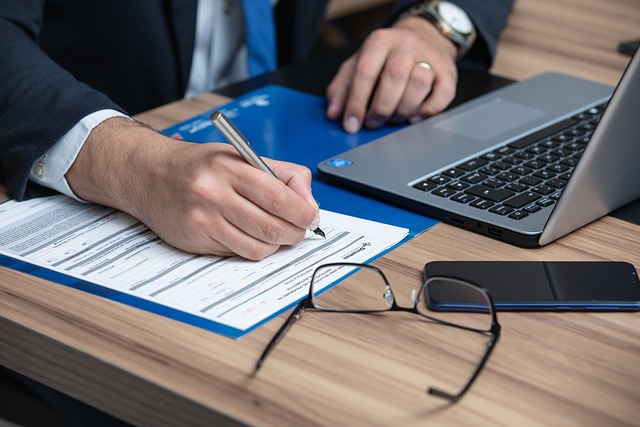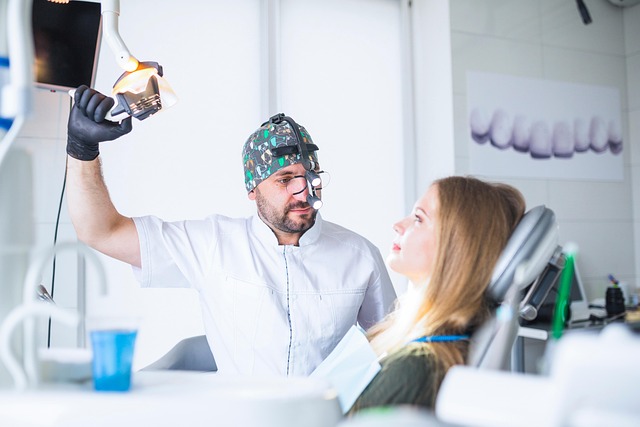Paralysis injury lawyers rely on medical records, expert testimonies, witness statements, and scene evidence to build strong cases. Comprehensive documentation, including treatment plans and prognosis records, provides concrete evidence of injuries and their causal link to accidents. Expert witnesses offer specialized knowledge, while physical evidence and firsthand accounts strengthen the case's credibility. Accurate prognosis documentation is vital for securing fair compensation and necessary resources for victims' long-term well-being.
When seeking justice for a paralysis injury, compelling evidence is key to winning cases. A skilled paralysis injury lawyer relies on several critical components to build a strong claim. Medical records and expert testimonies provide insights into the extent of the injury and its causation. Witness statements and scene evidence offer contextual details. Treatment plans and prognosis documentation highlight the patient’s journey towards recovery or long-term care needs. These elements collectively strengthen the case, ensuring fair compensation for individuals affected by paralysis.
- Medical Records & Expert Testimonies
- Witness Statements & Scene Evidence
- Treatment Plans & Prognosis Documentation
Medical Records & Expert Testimonies
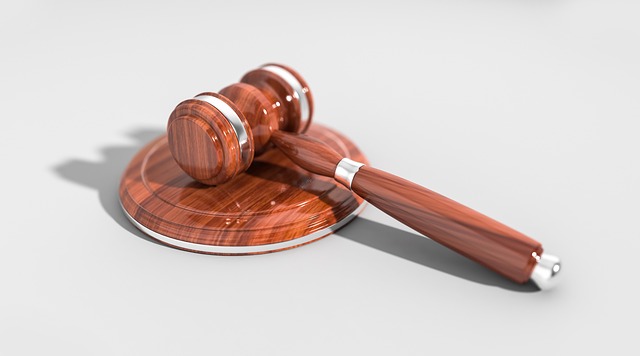
Medical records and expert testimonies play a pivotal role in strengthening cases for a paralysis injury lawyer. Comprehensive medical documentation detailing the extent of injuries, treatment plans, and prognosis is invaluable evidence. These records provide a clear picture of the patient’s condition before, during, and after the incident leading to paralysis. They can help establish causation between the accident and the resulting injury, which is crucial for proving liability in personal injury cases, including those involving Boca Raton truck accidents or wrongful death.
Expert testimonies further reinforce the lawyer’s argument by providing specialized insights from medical professionals. These experts can offer detailed analysis of the patient’s condition, explain complex medical concepts to the jury, and opine on the standard of care that should have been maintained. The credibility of these testimonies often rests on the expertise of the witnesses, their qualifications, and their familiarity with the specific case, making them powerful tools for a skilled paralysis injury lawyer or even a personal injury attorney advocating for their client’s rights.
Witness Statements & Scene Evidence
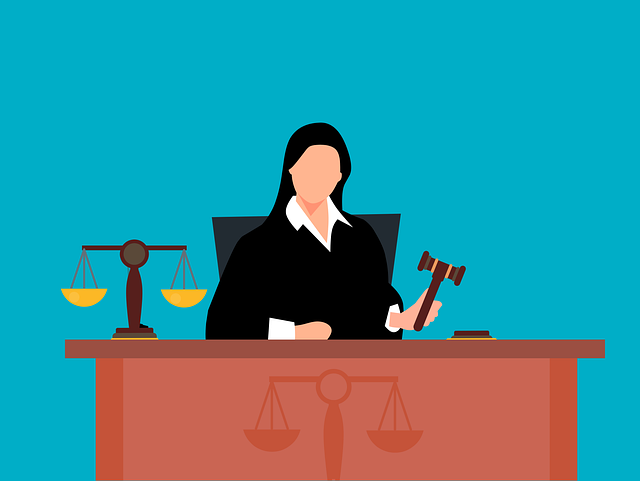
Witness statements and scene evidence play a crucial role in winning cases for a paralysis injury lawyer. Firsthand accounts from witnesses who observed the Orlando auto accident or product liability incident can provide detailed insights into the sequence of events, responsible parties, and extent of injuries. These testimonies offer an objective perspective that corroborates the victim’s claims, significantly enhancing the credibility of the case.
Additionally, physical evidence gathered from the scene adds weight to the lawyer’s argument. This includes photographs documenting damage to vehicles, medical reports detailing the severity of serious injuries, and any relevant debris or product components that could be linked to the incident. Such evidence serves as a tangible representation of what transpired, leaving no room for doubt in the minds of jurors or judges.
Treatment Plans & Prognosis Documentation
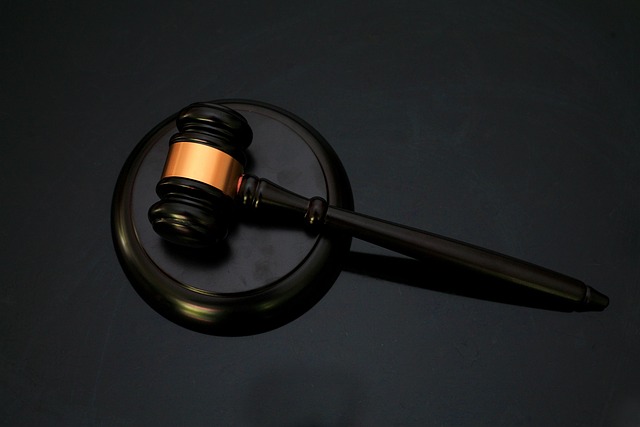
Paralysis injury lawyers rely heavily on comprehensive medical documentation when building their cases. Treatment plans and prognosis records are instrumental in demonstrating the extent of a client’s injuries and the necessity of specific care. These documents provide a clear roadmap of the patient’s journey towards recovery, including diagnostic tests, surgical procedures, rehabilitation programs, and expected outcomes.
For instance, in an Orlando truck accident case, where a client suffers a paralysis injury, medical records could include detailed reports from neurologists, physical therapists, and orthopedic surgeons. These documents not only validate the existence of the injury but also help lawyers argue for fair compensation, especially when dealing with insurance disputes or partnership conflicts. Accurate prognosis documentation can significantly influence the outcome of a case, ensuring the victim receives the support and resources necessary for their long-term well-being.
When seeking justice for a paralysis injury, compelling evidence is key. Medical records and expert testimonies provide crucial insights into the extent of the harm, while witness statements and scene evidence offer contextual clarity. Treatment plans and prognosis documentation further reinforce the case, detailing the road to recovery and its potential outcomes. Armed with these vital pieces, a qualified paralysis injury lawyer can effectively navigate legal complexities, ensuring their client receives fair compensation for the physical and emotional challenges ahead.




